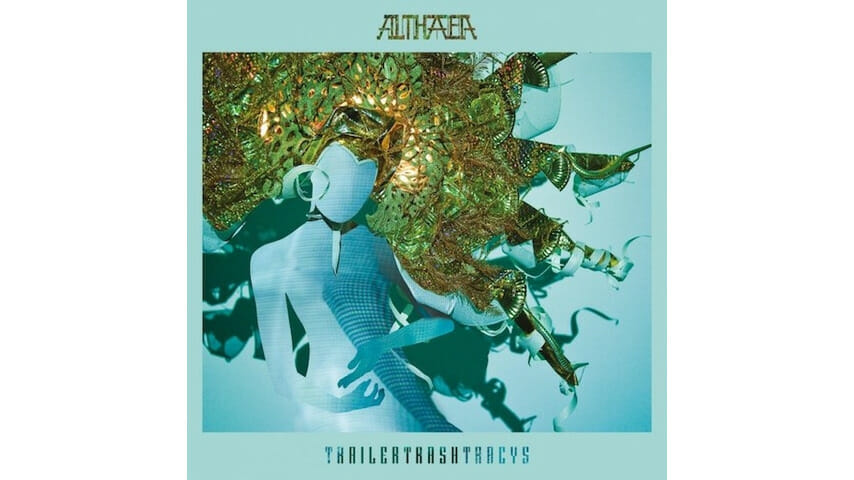Trailer Trash Tracys: Althaea

As a band, Trailer Trash Tracys has pared down to a duo but increased in sonic intricacy in the five years since releasing its first album. The band’s new full-length release, Althaea, is the long-awaited follow-up to that debut, Ester, and it demonstrates a broader range of influences and new layers in the band’s particular brand of pop music.
-

-

-

-

-

-

-

-

-

-

-

-

-

-

-

-

-

-

-

-

-

-

-

-

-

-

-

-

-

-

-

-

-

-

-

-

-

-

-

-








































